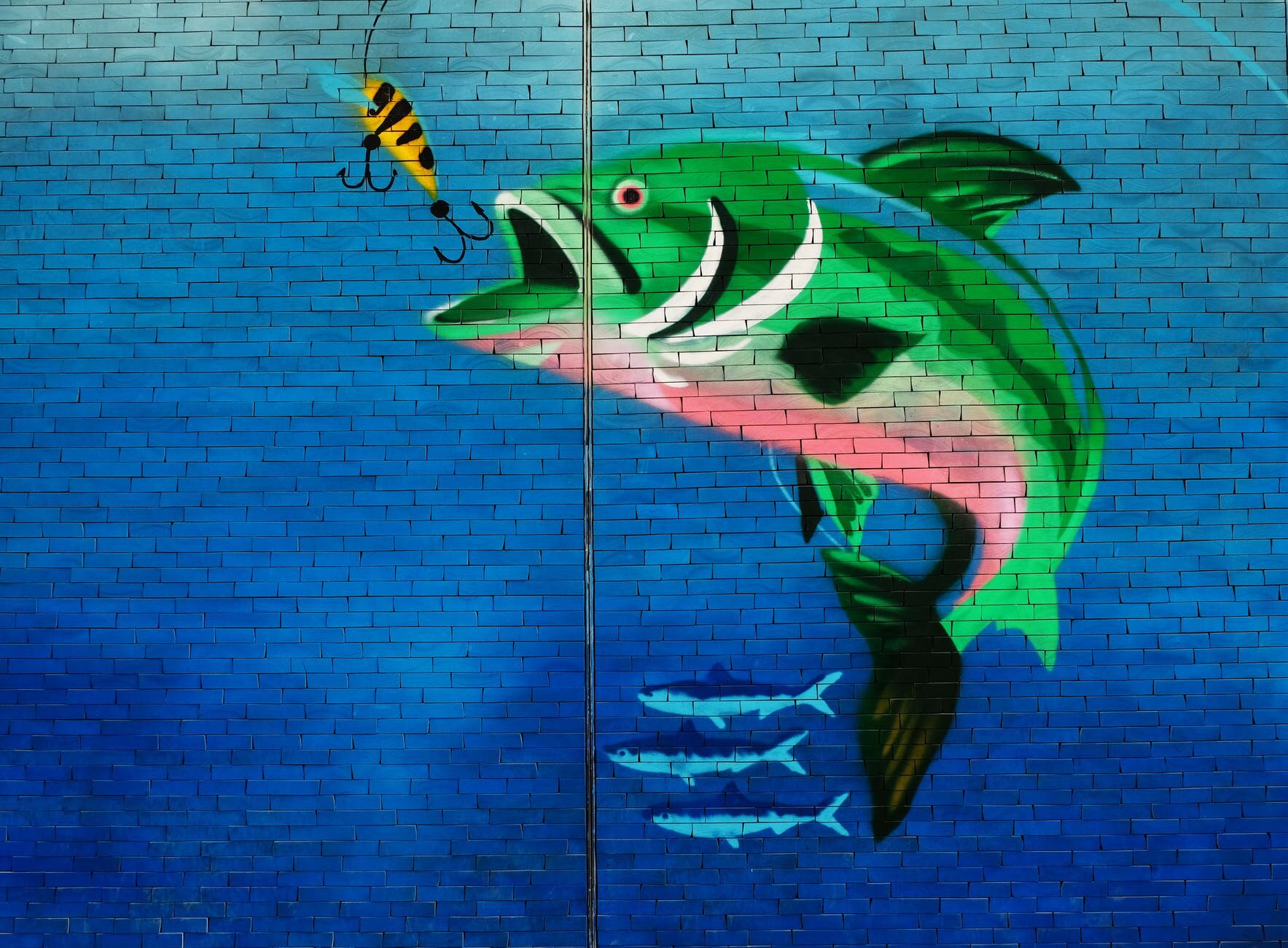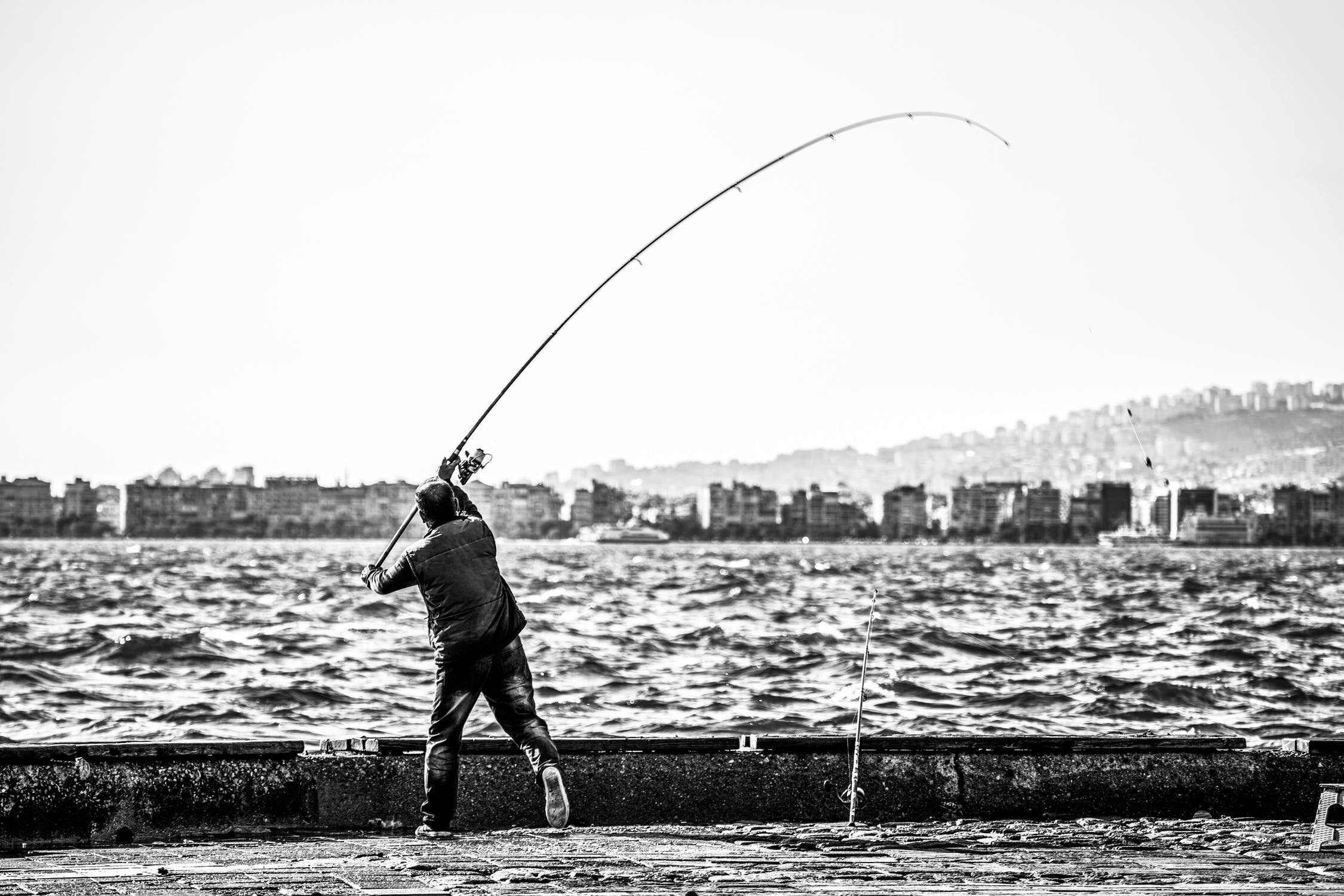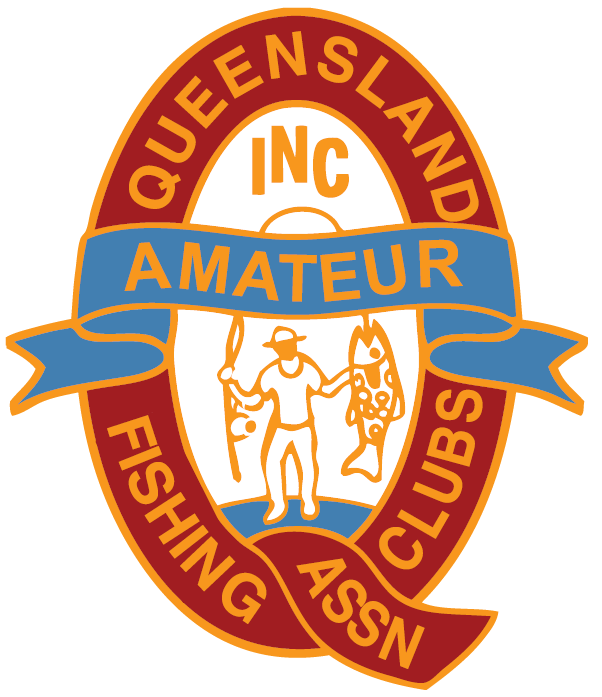
QAFCA has existed and has been serving its members since 1949.

Objectives
To promote the sport of angling by: Organised competitions. A “Code of Angling Ethics”. Lectures and demonstrations.
To protect the rights and privileges of recreational anglers by: Constant communication with organizations with similar aims. Negotiations with government authorities. Participating at conferences and workshops on recreational angling.
To ensure fish stocks are not depleted beyond sustainability by: Monitoring catch rates and providing records. Participating in research projects. Adopting larger fish sizes for competition events than those prescribed by law.
To assist in protection of the environment by: Acting responsibly in marine and freshwater areas while driving, boating and fishing.
Code of Ethics
Environment: Act responsibly at all times and don't litter. Report any potential activities which may harm fish habitats.
Fishing Practices: Observe legal sizes and restrictions. Release all undersize fish immediately. Report all illegal activities using the hotline Fish watch hotline 1800 017 116. Treat and handle fish carefully to maintain their table qualities. When filleting fish be sure to maximize the yield and don't waste useable fish. Ice or freeze cleaned fish immediately to preserve their table qualities.
Conduct: Club anglers are ambassadors of the sport and should always conduct themselves properly. Dispose of fish offal and unused bait properly. Consider your fellow angler and observe common courtesies. Observe boating and road laws at all times. Excessive alcohol consumption or offensive behaviour will not be condoned. Upgrading is regarded as cheating and any competitor caught doing this will be disqualified.
Release Guidelines for Fish
Any fish caught and released has an excellent chance of survival provided it has been handled properly. By following a few simple guidelines, you can ensure the fish has a good chance of survival. A fish that looks unharmed when released may not survive if it has been handled carelessly.
Time is important, so release your fish as soon as possible. A fish out of water cannot live more than 3 or 4 minutes. Keep the fish in water as much as possible. It weighs twice as much out of water and will be seriously damaged if allowed to flap around on a solid surface.
Gentleness in handling is essential. Keep your fingers out of the gills and do not squeeze the fish.
It is preferable to wet your hands or use a wet towel when handling a live fish to minimise scale damage. Remove the hook as rapidly as possible and as gently as possible.
If the fish is deeply hooked, cut the line as close as possible to the fish's mouth and leave the hook in. Do not attempt to tear the hook out, as it will damage the gills. If the fish appears sluggish, hold it in the water in an upright position and move it backwards and forwards so water can be forced through its gills.
REMEMBER: ALL UNDERSIZED FISH MUST BE RETURNED TO THE WATER
Our Activities
All types of angling are promoted with competitions for male and female anglers. All age groups are catered for from juniors to veterans. Fish sizes are strictly enforced with some weigh-in sizes larger than those required by law. All competitions are fished on a set of rules based on a National standard. Any club angler who is affiliated through their club with QAFCA inc is entitled to fish in the Australian Anglers Association National Championships. Applications for both State and National heaviest fish records can be made by any affiliated angler. Although affiliated fishing club do have to fish by QAFCA inc rules, they are autonomous in the administration of their internal activities. There is an abundance of expertise in fishing clubs which has been developed over many years and there is no better way to gain this knowledge than through a personal association.
